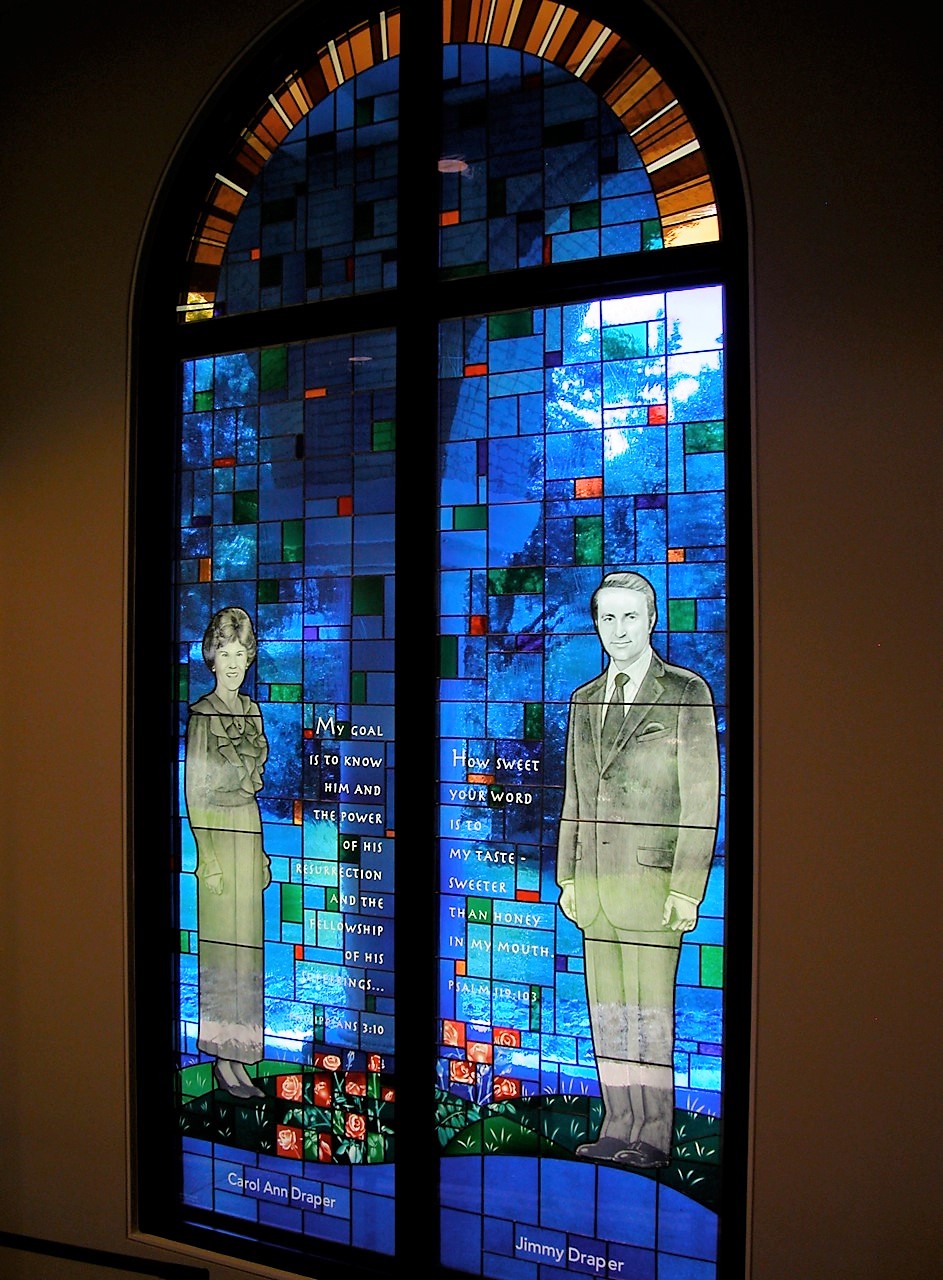
FORT WORTH, Texas (BP)–A seasoned pastor encouraged seminary students to maintain their joy in the ministry even in difficult times by exercising the power of choice.
Paul chose joy despite his chains, critics, and crisis, said John Powers, pastor of First Baptist Norfolk, Va., during seminary chapel Sept. 26.
Preaching from Philippians 1:12-30, he said that Paul chose to look at his chains as an instrument clearing a way for advancing the gospel, starting with the praetorian guards who took turns watching his every move.
“With each new guard came an opportunity for the apostle Paul to share his faith,” said Powers, adding that they heard him pray, preach, and dictate letters for two years.
“He had joy in spite of his chains,” said Powers. “And because of that, his joy created a confidence in others to speak the word of God with boldness.”
Paul also chose joy despite his critics, Powers said.
Some Christians in Rome had selfish desires and agendas, which included undermining Paul’s ministry and creating problems for him, he noted.
“You cannot hurt a computer’s feelings, and you cannot grieve a theological concept, but you can destroy a man.” he said. “Paul was destructible, but he was not destroyed…because he chose joy.”
The Southwestern graduate advised current students to avoid pettiness because most of the things that create problems in the ministry are not worth the trouble.
“A lot of joy could occur in ministry if we would learn to leave [alone] a few differences between people,” he said.
Paul also chose joy despite being in a crisis.
Choosing joy will create a positive attitude, said Powers, joking that an optimist goes fishing with a camera and a frying pan.
However, he warned about Satan, who wants to steal joy from God’s servants in four ways — problems, people, possessions, and pressures.
“Problems and ministry are synonymous,” he said, emphasizing that understanding the difference between happiness and joy is paramount.
Joy is different from happiness because the latter depends on “happenings,” said Powers. “People have a way of stealing your joy, if you let them,” he said. “There is one constant in ministry: people are going to be people.”
Powers warned against depending on people for joy.
“Also, possessions will steal our joy,” he said “when you focus on stuff, things, [and] what somebody else has you may not have.”
Pressure is great from the outside because of lost people “hurling” toward hell, he said, adding that expectations from inside the church and personal struggles within have the potential to “siphon” joy from ministers.
Then Powers warned seminary students and faculty about the seven siphons of spiritual joy. Joy is lost when:
— Christian servants have words without actions;
— Christian servants become busy without purpose;
— relationships fail to provide mutual nourishment;
— Christian servants serve without a Sabbath;
— spiritual gifts are used without God’s power;
— Christian servants possess great theology without adequate spirituality;
— Christian servants exercise faith without self-examination and accountability.
Paul refused to allow joy from his heart to be siphoned, and he chose joy in the midst of the crisis he faced, said Powers.
“This discomfort that he was experiencing could not compare with the ultimate experience that Christ was being exulted in his body,” he said, concluding that for Paul “…to live is Christ and to die is gain.”
–30–




















